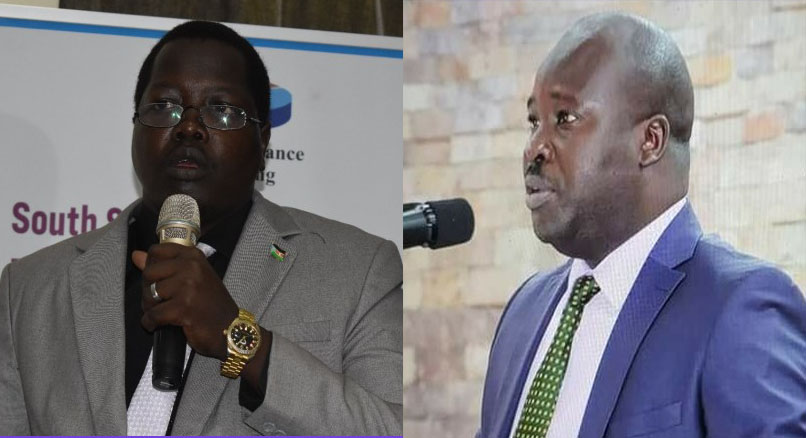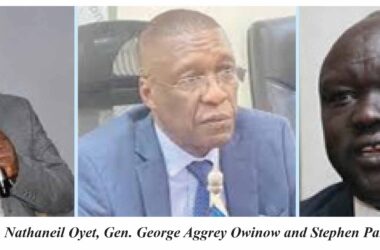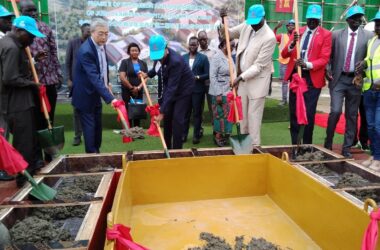By Bida Elly David
Parliament and Ministry of Justice have drowned into blame game over production and printing of copies of the transitional constitution 2011 amended 2023, for civic and parliamentary use.
This transpired during a discussion on the National Election Act 2012 (Amended) 2023 in its second reading, on Monday.
It all started when lawmaker Gai Mayen representing Lake State at the R-TNLA, raised a point of information regarding the lack of copies of the Transitional Constitution at the TNLA.
The lawmaker pointed the blame on the Ministry of Justice for failing to print and distribute copies of the Constitution to the lawmakers for consumption.
“Why is it that the copies of the constitution of the Republic of South Sudan have not been availed to the members of the parliament in both houses? We are lawmakers and we cannot be making laws when most of the people are not given the documents,” he said.
He argued that it is the mandate of the Ministry of Justice to educate citizens about the Constitution by supplying enough copies to them, but nothing has happened.
Gai noted that the tendency to detain the constitution in the ministry is a bad practice that dictates civil rights to understand the laws.
The lawmaker said he was shocked that even the copies of the agreement have been provided by the peace partners such as IGAD and the rest.
First deputy speaker, Nathaniel Oyet added his frustration on the matter, stating that the Ministry of Justice should not complain over the cost of printing.
He stated the ministry has partners that facilitate publication and printing of documents when need be.
“At some points, we are sharing the same partner. Mas Plug Foundation company has offered to do printing of the constitution,” he said.
But Joseph Malek Arop, the deputy minister of justice and constitutional affairs refuted the blame noting that his ministry lacks finances to implement some activities.
He said they don’t have funding and printing unit at the ministry for production of the constitution for supply to the lawmakers and the citizens.
“The chair of legal affairs approved some funds for printing the laws, but the ministry of finance failed to give us. It is not only the constitution but the legal administration across the Country,” Arop said.
He slammed them (lawmakers) for having failed to address the issue of the petty budget of the ministry in the fiscal year.
“I had raised my voice during the deliberation of the national budget. The ministry needs capital, and the budget needs to be increased because of the challenges,’’ he said.
Minister Malek said his ministry bears numerous challenges that can’t be addressed without money.
He added that it is the role of the August House to improve the rule of law by increasing the budget of the ministry rather than to oppose.
“If you want to build a Country of rule of law, the parliament must work hard to see that the ministry of justice has enough budget that can preach laws to people of South Sudan,” Malek said.
He added that it costs the ministry a lot to draft and amend bills enacted by the parliament saying there is need for the MPs to revise their blames.
“The budget was not enough even the operational costs. I tried to raise my voice that it was little, but it was all in vain,’’ Malek stated.
He blamed the speaker of the assembly for having failed to allow him raise concerns in regard to the budget of the ministry.
“The speaker did not allow me saying no. He said I was from the cabinet and did not have the right to add anything since we were the ones who passed it,” he noted.
The blame games which prolonged debate in the parliament forced the two pillars to pull ropes and reached no consensus.




